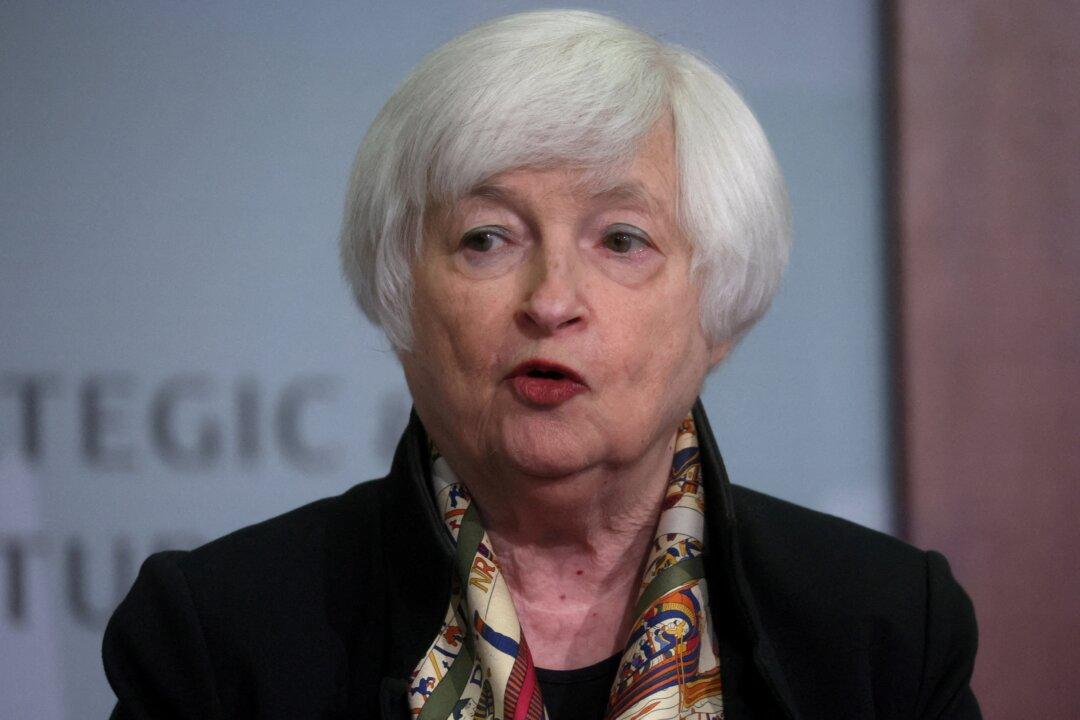Raising the U.S. corporate tax rates is crucial for investing in the national economy and ensuring that the country is competitive in a global marketplace, Treasury Secretary Janet Yellen told Congress one day after the White House released its budget.
President Joe Biden unveiled the fiscal year 2024 budget on Thursday, proposing a 28 percent corporate tax rate, up from the current 21 percent. The administration estimates that it would generate $1.326 trillion in revenues.





